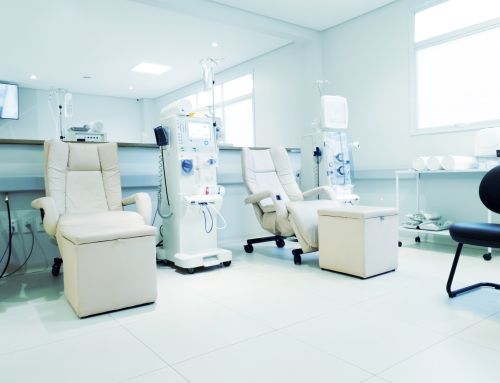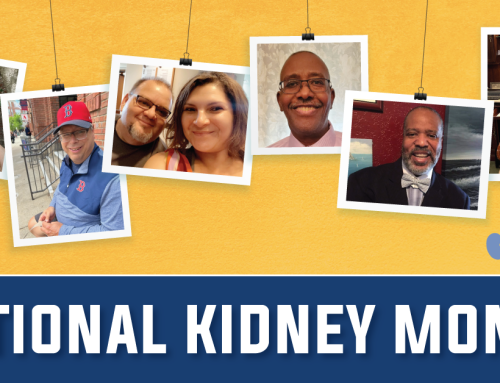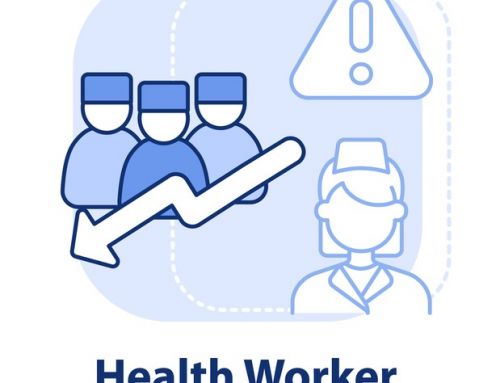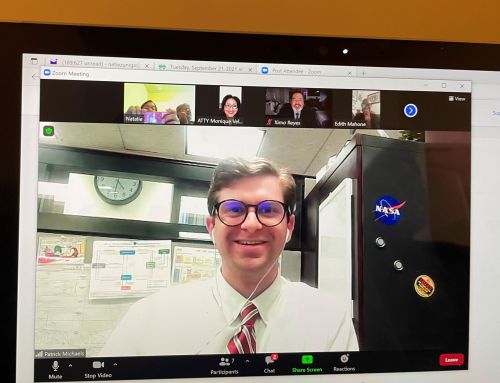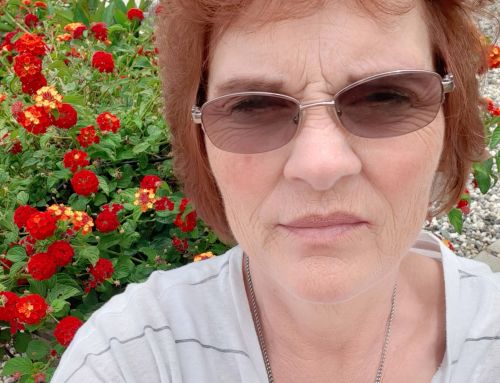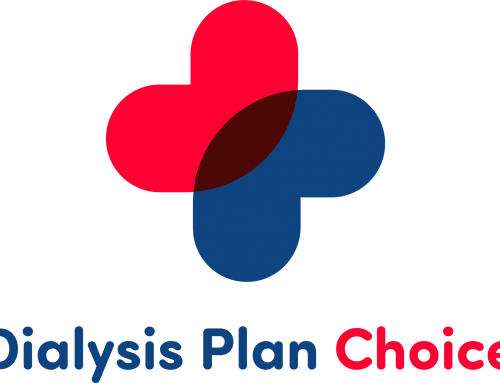Dr. Donald Berwick
Administrator
Centers for Medicare and Medicaid Services
Department of Health and Human Services
Hubert H. Humphrey Building
Room 445-G
200 Independence Ave, SW
Washington, DC 20201
Re: CMS-1345-P: Medicare Program; Shared Savings Program: Accountable Care Organizations
Dear Dr. Berwick:
Dialysis Patient Citizens (DPC) appreciates the opportunity to comment to the Centers for Medicare and Medicaid Services (CMS) on the Proposed Rule for the Medicare Shared Savings Program: Accountable Care Organizations (ACOs). As America’s largest dialysis patient organization, DPC seeks to ensure that the patient’s point of view is heard and considered by policy makers on a wide variety of issues, so continued progress may be made in the quality of care and life for dialysis patients.
DPC strongly believes that movements to increase care coordination, especially for those with chronic conditions, could make significant positive impacts on the health care system. Currently, treatment for chronic diseases, including chronic kidney disease (CKD) and end stage renal disease (ESRD), is the leading expenditure in the United States health care system. According to a study by the Milken Institute, the seven most common chronic diseases alone cost our economy more than $1 trillion a year, and that figure is on track to balloon to nearly $6 trillion by 2050.1 Largely preventable and highly manageable chronic diseases account for 75 cents of every dollar spent in our healthcare system. In the Medicare and Medicaid systems, that number expands to more than 90 cents of every dollar spent. Integrated care delivery systems provide a valuable opportunity to improve clinical outcomes and rein in health care costs for these populations.
For individuals with ESRD, the vast majority of whom are Medicare beneficiaries and dual eligibles, life-saving dialysis care costs on average $70,000 to $80,000 per year per patient. Treatment costs for these patients rise even further when you consider the comorbidities that are often associated with kidney failure, including diabetes and heart disease, making patients with kidney failure some of the most expensive beneficiaries in the health care system, incurring more than $26 billion in expenses in Medicare annually.2 However, because of these unique characteristics, ESRD patients stand to gain a great deal in terms of both quality of life improvements and cost-savings through increased efforts to coordinate care. ESRD patients often see several physicians and take multiple medications for treatment of their conditions, meaning a robust plan to coordinate these efforts could lead to significant reductions in duplicated testing, better medication management, improved outcomes and reduced costs.
DPC is encouraged by the movement to increase integration in our health care system, because of the potentially positive impact on dialysis patients, and we see tremendous opportunity for care coordination in Medicare. In terms of the Proposed Rule, we appreciate the emphasis CMS has placed on ensuring patient choice. We believe that patients should have the freedom to receive care from the provider of their choosing and, as the Proposed Rule moves forward, we hope that the commitment to patient choice remains strong. Additionally, as a patient organization that places a high value on efforts to increase quality of care, we are strong supporters of CMS’ commitment to reward high-quality providers. At the same time, we want to ensure that this commitment extends to providers treating kidney patients. We are especially concerned that the Proposed Rule is currently structured in such a way that will exclude those with high cost chronic conditions like kidney disease from experiencing the benefits of this effort. We therefore encourage CMS to consider the following concerns.
1. Potential for Exclusion of Providers Treating ESRD Patients
DPC was disappointed that CMS excluded specialist and non-primary care providers from the opportunity to form an ACO. Many ESRD patients do not use a primary care physician as their main medical contact for their disease. And since dialysis patients are expected to be divided among the ACO’s that are formed, there may only be limited incentive for them to contract with those specialists treating kidney disease patients, including nephrologists and dialysis providers. Therefore, by restricting certain providers from forming ACOs, CMS is potentially limiting those who will enjoy the benefits of the ACO model and those who will be rewarded for providing good quality care.
2. Potential for ESRD Patient Exclusion
DPC is concerned that the structure of the Proposed Rule will encourage ACOs to avoid high-cost, high-risk patients. Because patients will be assigned retrospectively to each ACO, they could easily remove high-cost patients from their assigned population. As written, the Proposed Rule allows providers time during the year to identify high-risk beneficiaries and avoid their inclusion. Dialysis patients will be easy to identify and potentially remove in an attempt to reduce cost and risk.
3. Potential for Limiting Incentive for Prioritizing Care of ESRD Patients
Another issue that could negatively impact the ability of dialysis patients to participate in ACOs is the outlier stop-loss, which the Proposed Rule sets at $100,000. As mentioned earlier, treatment costs for ESRD patients can be upwards of $70,000 annually. Since the Proposed Rule effectively insulates ACOs from risk on any patient’s costs that exceed $100,000, ACOs would have a much lower incentive to spend the time and money necessary for providing high quality of care to the ESRD beneficiaries, especially since they may be a small number in the assigned patient population and their exposure is limited if they do not improve health outcomes.
4. Potential to Prioritize Short-term Financial Cost Over Long-term Health Outcomes
DPC urges CMS to ensure that the Final Rule does not provide a disincentive for ACOs to provide transplants to patients, including those with kidney failure. While transplants can be extremely expensive at the time of the event, health care costs for these beneficiaries decrease dramatically in the following years. According to the U.S. Renal Data System 2010 Annual Data Report, individuals with a kidney transplant cost Medicare less than $27,000 per year in 2008. The Final Rule should ensure that ACOs are not penalized for incurring such short-term costs that result in much improved long-term health outcomes, especially since most dramatically reduce overall health care costs.
5. Recommend CMS Move Forward With Additional Efforts to Improve Care Coordination
While we have expressed our concerns for the Proposed Rule in its current form, DPC understands the economic and structural limitations that CMS must consider when forming proposals such as this, which is why we recommend CMS consider additional opportunities to ensure that ESRD beneficiaries are not left behind as the new reforms take place. For example, the Center for Medicare and Medicaid Innovation (CMMI) can build on very successful CMS demonstrations to implement a large-scale program targeted at improving health outcomes and quality of care for ESRD patients. Such efforts previously included several dialysis organizations in integrated care models which improved clinical outcomes, lowered costs, and increased patient quality of life. DPC, and members of the kidney community at-large, believe that a well-structured CMMI program could provide kidney patients with a more focused, dedicated care management approach that would streamline care, improve health outcomes and save Medicare money. DPC is committed to working with the kidney community, CMS and Congress to ensure that ESRD patients are included, in a meaningful way, in the plans to increase care coordination.
In summary, DPC is concerned that the current Proposed Rule for the Medicare Shared Savings Program: Accountable Care Organizations is a missed opportunity for kidney patients. However, we are committed to working with CMS to ensure that ESRD patients will benefit from these new efforts to coordinate care. We thank you for the opportunity to share our feedback and welcome the chance to work with you on this important issue in the future.
Sincerely,
Hrant Jamgochian
Executive Director

